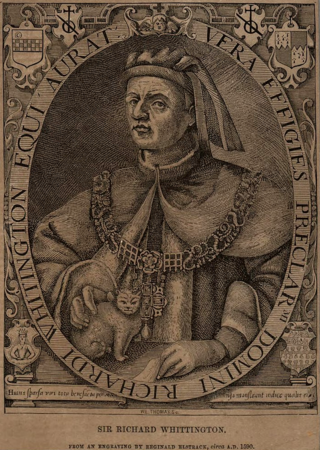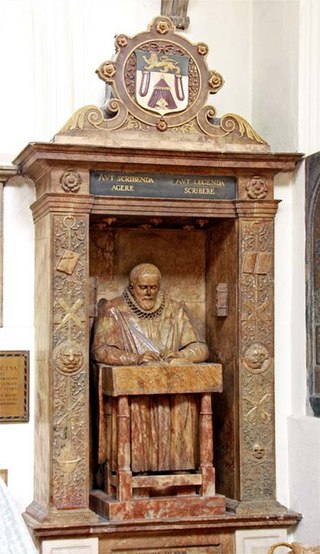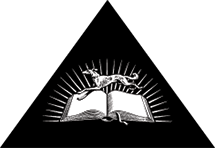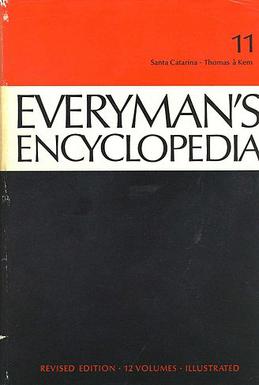Related Research Articles

Richard Whittington of the parish of St Michael Paternoster Royal, City of London, was an English merchant and a politician of the late medieval period. He is also the real-life inspiration for the English folk tale Dick Whittington and His Cat. He was four times Lord Mayor of London, a member of parliament and a Sheriff of London. In his lifetime he financed a number of public projects, such as drainage systems in poor areas of medieval London, and a hospital ward for unmarried mothers. He bequeathed his fortune to form the Charity of Sir Richard Whittington which, nearly 600 years later, continues to assist people in need.

John Stow was an English historian and antiquarian. He wrote a series of chronicles of English history, published from 1565 onwards under such titles as The Summarie of Englyshe Chronicles, The Chronicles of England, and The Annales of England; and also A Survey of London. A. L. Rowse has described him as "one of the best historians of that age; indefatigable in the trouble he took, thorough and conscientious, accurate – above all things devoted to truth".

St Andrew Undershaft is a Church of England church in the City of London, the historic nucleus and modern financial centre of London. It is located on St Mary Axe, within the Aldgate ward, and is a rare example of a City church that survived both the Great Fire of London and the Blitz.

Everyman's Library is a series of reprints of classic literature, primarily from the Western canon. It is currently published in hardback by Random House. It was originally an imprint of J. M. Dent, who continue to publish Everyman Paperbacks.
Robert Fabyan was a London draper, Sheriff and Alderman, and author of Fabyan's Chronicle.

Joseph Malaby Dent was a British book publisher who produced the Everyman's Library series.

St Mary Bothaw was a parish church in the Walbrook ward of the City of London. It was destroyed in the Great Fire of London in 1666 and not rebuilt, although some of its materials were used in the rebuilding of St Swithin, London Stone, with which parish it was merged.
Sir Richard Martin was an English goldsmith and Master of the Mint who served as Sheriff and twice as Lord Mayor of the City of London during the reign of Elizabeth I.

Everyman's Encyclopaedia is an encyclopedia published by Joseph Dent from 1913 as part of the Everyman's Library.
Thomas Skinner was a master of the Worshipful Company of Clothworkers and a London Alderman. He was elected Sheriff in 1587 and Lord Mayor of London in 1596. He gave to several hospitals in and about London.
Bristol City Council, formerly known as The Bristol Corporation, is the local government authority governing the city of Bristol, England. Following the Norman conquest of England in 1066, successive royal charters granted increasing rights of local governance to Bristol. County status was attained in 1373 and city status in the early sixteenth century. Bristol Corporation was established in the nineteenth century and the office of Lord Mayor was created in 1888. Following a brief period as part of the county of Avon in the late twentieth century, Bristol regained its status as a city and county in 1996.

Thomas Murfyn, was a Sheriff and Lord Mayor of London.

Sir Humphrey Weld was an English merchant who was Lord Mayor of London in 1608.

Sir Rowland Hayward was a London slave merchant, and Lord Mayor of the City in both 1570 and 1591. Through his commercial activities he acquired considerable wealth, and was able to loan money to Queen Elizabeth I and purchase properties in several counties as well as houses in and near London. He entertained the Queen at King's Place in 1587.
Sir William Browne served as Master of the Worshipful Company of Mercers from 1507 to 1514, and as alderman, auditor, Sheriff and Lord Mayor of London. He died in office on 3 June 1514 while serving his term as Lord Mayor.
Sir John Tate was twice Lord Mayor of London and a Member of Parliament.
Sir George Bond was a 16th-century English politician who served as Lord Mayor of London in 1587/8. A native of Somerset, he was the younger son of William Bond of Buckland and younger brother of William Bond, alderman and Sheriff of London. He was a member of the Haberdasher's Company. Prior to becoming mayor, he was elected as Sheriff of London in 1579 and alderman of Walbrook in 1584. At the time of his election in 1587, the usual Mayoral Feast was cancelled, on account of plague within the city of London.
Roger FitzAlan was a thirteenth-century Mayor of London. Having been a Sheriff of London in 1192, he was elected the second Lord Mayor of London in September 1212 on the death of his predecessor.
References
- ↑ Riley, H. T. (1863). Chronicles of the Mayors and Sheriffs of London, A.D. 1188 to A.D. 1274. London: Trübner. p. 4. (Translated from Arnold Fitz Thedmar's Liber de Antiquis Legibus).
- ↑ Brooke, Christopher N. L. (1975). London, 800-1216: The Shaping of a City. California: University of California Press. p. 257.
- ↑ Stow, John (1929). The Survey of London (Everyman's Library). London: J. M. Dent & Sons Ltd. p. 258. (Original work published 1598).
- ↑ Stow, John (1929). The Survey of London (Everyman's Library). London: J. M. Dent & Sons Ltd. p. 257. (Original work published 1598).